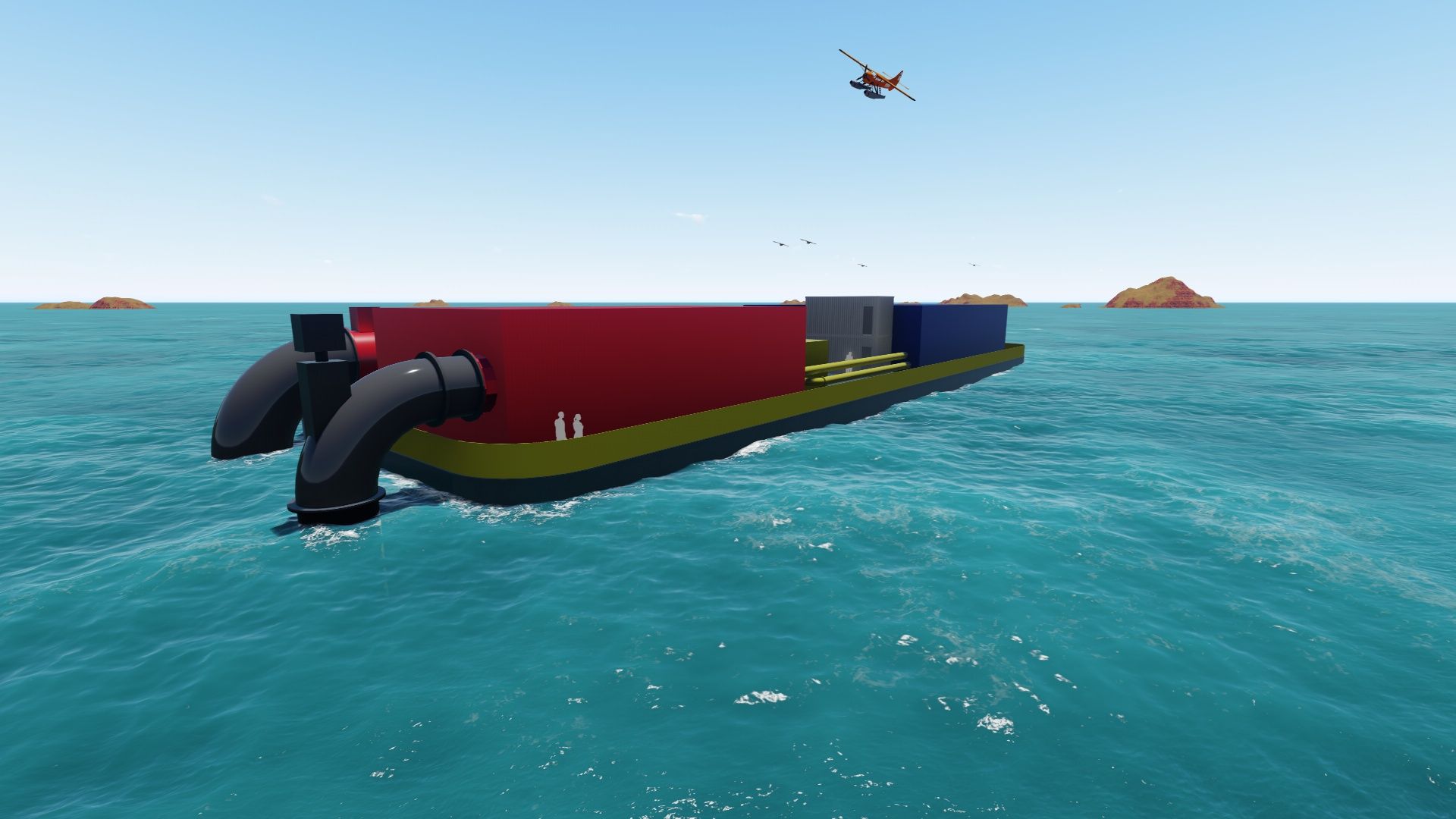Ocean thermal energy ‘ideal’ solution for Maldives
Researchers studied the feasibility of application in the country.

25 Aug 2019, 09:00
Conversion of ocean thermal energy is the “ideal” renewable energy solution for the Maldives, researchers have suggested after a study analysing the feasibility of applications in the country.
Global OTEC resources, a renewable energy consultancy company, co-authored a paper titled ‘Assessment of extreme and metocean conditions in the Maldives for OTEC applications’ along with researchers from the University of Exeter, the group said in a press release on Sunday.
Ocean Thermal Energy Conversion (OTEC) uses the difference in surface and deep water temperature of the ocean to produce electricity.
The study was a feasibility assessment of OTEC applications in the Maldives based on the characterization of the meteorological resource and an analysis of extreme weather events. It will be published in the September 2019 Issue of International Journal of Energy Research. An early text of the paper is available online.
Become a member
Get full access to our archive and personalise your experience.
Already a member?
Discussion
No comments yet. Be the first to share your thoughts!
No comments yet. Be the first to join the conversation!
Join the Conversation
Sign in to share your thoughts under an alias and take part in the discussion. Independent journalism thrives on open, respectful debate — your voice matters.




